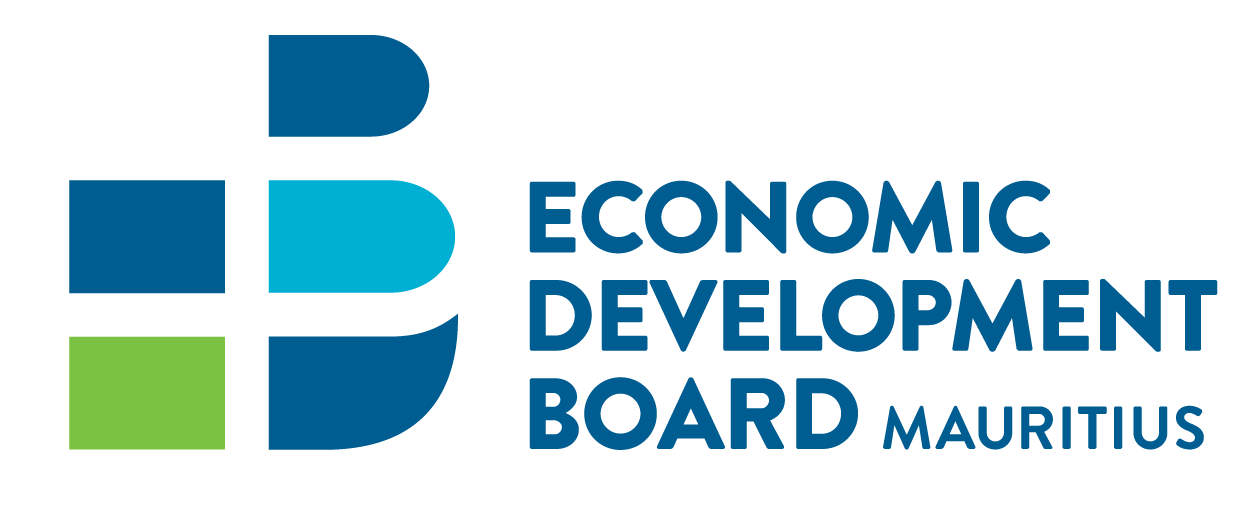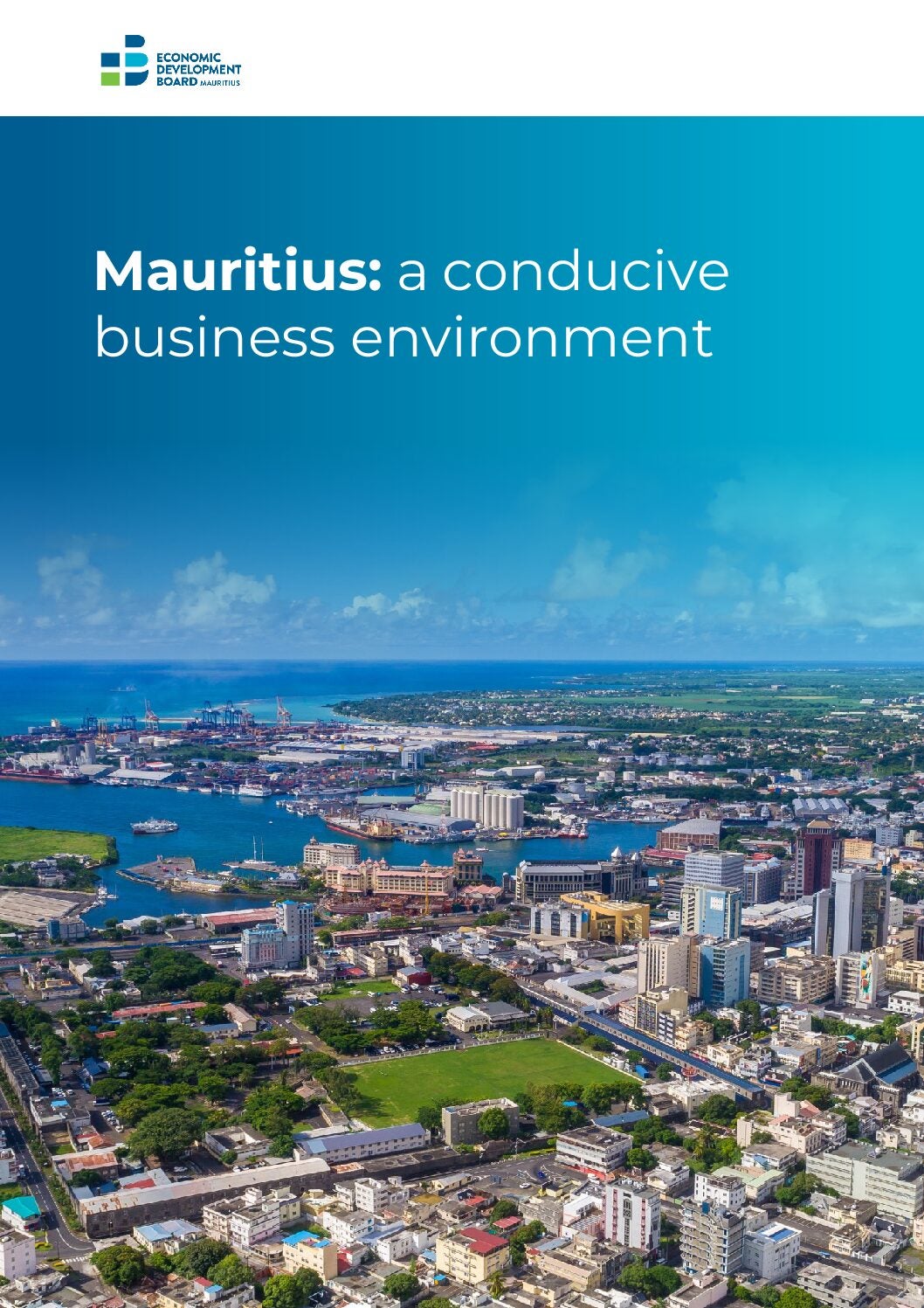
Fintech is transforming Africa’s financial landscape, driven by increasing smartphone penetration, evolving regulations, and an urgent need for financial inclusion across the continent. And the most exciting areas seeing significant growth are services – centred around individual financial empowerment – that reduce time and costs and avoid the need to interact with financial institutions in person. These include mobile money or digital payments – removing the need for cash, cryptocurrency and blockchain to avoid currency volatility, remittance services for transferring cross-border funds, and decentralised finance (DeFi) – reducing transaction costs associated with banks and other intermediaries.
The amount of funds poured into the sector demonstrates the demand for fintech development in Africa. According to GlobaData, 678 fintechs raised over $2.7 billion from 2021 to August 2023, with the majority concentrated in South Africa, Kenya, and Nigeria – collectively accounting for 68% of Africa’s fintech activity.
With a pivotal role in fintech and blockchain in Africa, Mauritius is emerging as a major player and a safe base for firms to develop new finance apps.
Africa’s fintech environment
Across East and Southern Africa, governments have been playing a role by strengthening regulations for financial security and consumer protection, increasing confidence in the fintech sector – for example, the Bank of Tanzania’s Financial Consumer Protection Regulations, 2019, directed financial services to deliver effective complaint-handling mechanisms and stop unfair or misleading market practices, whilst the Southern African Development Community (SADC) Market Conduct Guidelines on Financial Consumer Protection has demanded financial consumer protection frameworks amongst all its members.
Over the past 20 years, mobile payments providers have become more established, such as M-PESA in Kenya (set up in 2007) now with over 51 million customers as of July 2024, and MTN MoMo (started 2009) in South Africa with over 63 million customers across 16 countries, becoming the most prominent in the mobile space. But there is room for more growth, with smaller players emerging including EcoCash in Zimbabwe, which partners with MoMo to facilitate cross-border transactions between South Africa and Zimbabwe, Orange Money which works with Mastercard across several African countries in southern, west and central Africa such as Guinea, Central African Republic and Côte d’Ivoire, and the smaller HelloCash in the nascent mobile market in Ethiopia.
Fintech change is emerging within traditional bricks-and-mortar banks across the continent, developing new technology in their portfolios and working with fintech firms to provide banking-as-a-service (BaaS) – creating more innovative financial services to meet demand. This phenomenon is apparent with relationships formed between Spot Money and Bidvest Bank (South Africa), Moniepoint and Nigerian banks in general, and Altron FinTech – South Africa-based but expanding its card-payment technology into other countries.
Mauritius: The blockchain and digital finance hub
By providing strong regulatory support through the Financial Services Commission (FSC), Mauritius is establishing itself as a safe blockchain and digital finance hub. While actively creating a regulatory environment for fintech innovation, interest in developing fintech in Mauritius is gaining traction.
Mauritius has seen some notable fintech growth with Kuunda, a fintech solutions provider, raising $2.25 million in seed funding to expand into several African countries. Similarly, Finclusion secured $20 million to develop its credit-centric financial services across Africa, both illustrating investor confidence in Mauritius as a base from which to launch new fintech products and services.
Trust has been nurtured through several initiatives and the Mauritius IFC has diversified its core offerings, continuously enhancing its value proposition to align with evolving global financial trends. New innovative financial products have been introduced, including the Variable Capital Company (VCC) licence, the Virtual Asset and Initial Tokens Offerings (VAITOS) licence, and the creation of a regulatory sandbox licence (RSL), which enables fintech innovations to be tested before full-scale market deployment.
Conclusion
Mauritius is positioning itself as a leading blockchain and digital finance hub. The island state offers a strong regulatory framework with investment-friendly policies and is pro-financial innovation, attracting both startups and global investors. Mauritius’ initiatives in the fintech space underscore its commitment to shaping the future of finance, providing a platform to penetrate and expand in Africa’s fintech space.
Explore the advantages of the Mauritius IFC in the free guide below




